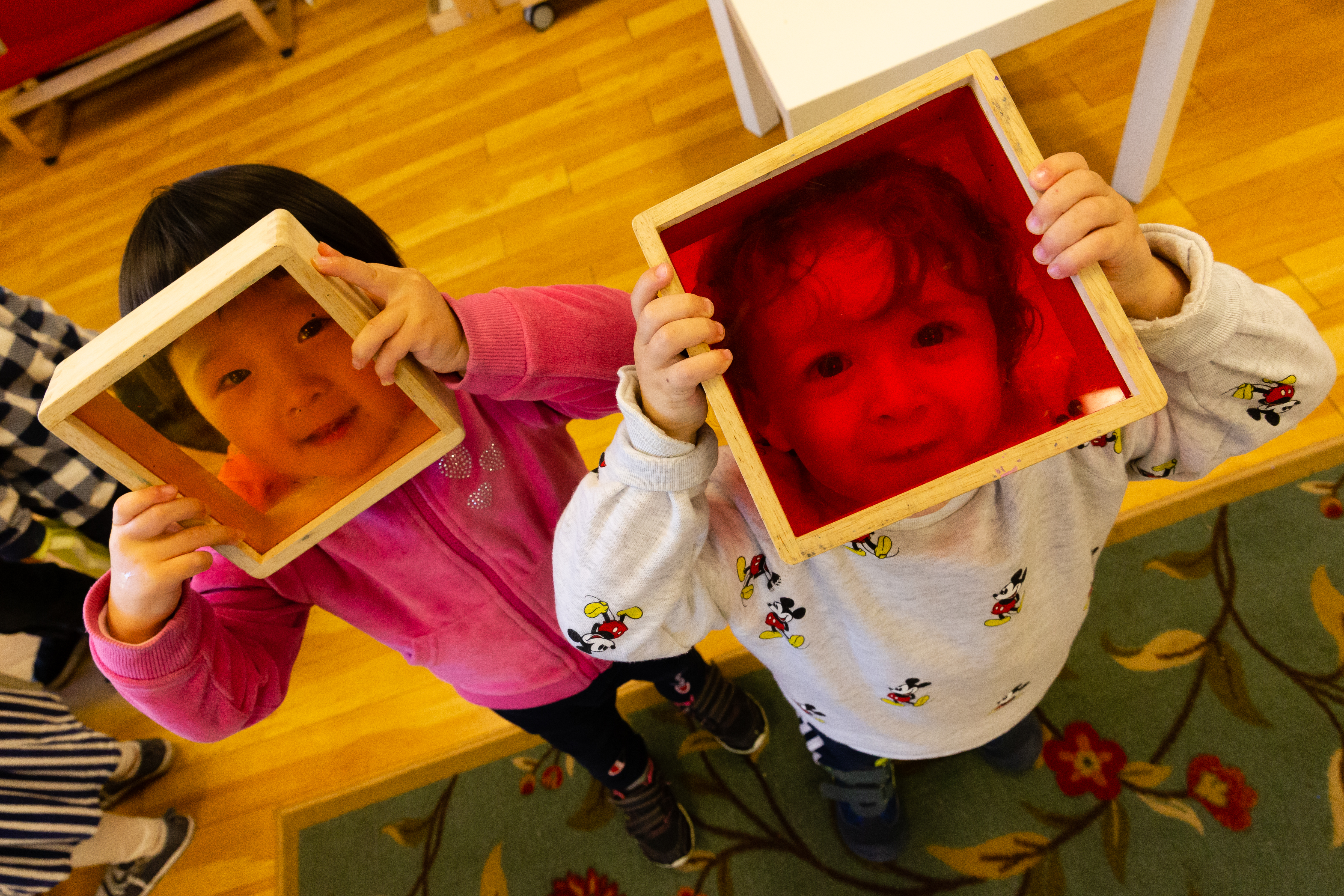(858) 759-0631
The Lifetime Montessori Difference: Child Development via Peer Learning Lovingly Taught
In a recent Washington Post article, Valerie Strauss wrote about “The Latest ‘Shockingly Bad’ Education Idea in North Carolina,” noting the rise of online preschool in today’s Internet connected world. These preschool programs, offering “everything from educational games to a full preschool curriculum complete with boxes of activities that are shipped to a student’s home” with a teacher’s guide for an adult, have been ‘piloted’ in several states over the last two years.
These programs, prepared by for-profit companies, are offered as kindergarten-ready tools. They have been used by families living in rural areas located in Indiana, Ohio, Utah, South Carolina and Mississippi.
Online Preschool has been primarily used as the sole preschool program by many parents although it has been used as a supplement with in-student preschool programs.
Is Online Preschool a Good Idea?
In 2018, more than 100 childhood experts signed a statement calling for an end to public funding of online preschools. Why?
- Online preschools deny young children ‘hands-on experience’
- Although ‘virtual preschool’ may save money, it has limited human contact that ignores the social and relational interactions that are fundamental to children’s later development
- “Early learning is not a product.”
What Some Legislators Think
A key advocate of virtual preschool or ‘VPS’ are legislators seeking to cut preschool funding.
Given the high number of families living below the federal poverty line as well as children of active duty military personnel, politicians have touted its ability to provide “interactive individualized instruction delivered by computers and the Internet to prepare them academically for success in school.”
Additionally, its use is to try to determine if science, reading and math can be scaled from specific states to all American children as a sort of universal preschool—at limited cost.
What Montessori Method Teachers Think
Dr. Maria Montessori believed that children learn by seeing other children do.
As part of the 110 year-old Montessori Method, younger and older children are paired up. Essentially, older children show younger children how to do and complete projects.
The value: ultimately, younger children grow and mature to teach still younger peers. So, young learners soon master lessons and become peer teaching leaders.
Specific Montessori Method differences and potential benefits versus individual VPS include teaching toddlers and preschoolers how to:
- Communicate effectively with peers
- Work together to solve problems
- Share and wait for your turn
- Learn independence and,
- Learn how to be empathetic and respectful with other children, teachers and adults.
You don’t learn these skill sets sitting alone in front of a computer.
The Lifetime Montessori Difference
Toddler and Pre-K programs at Lifetime Montessori School in Santaluz are geared toward enabling children to incorporate themselves into the larger world.
Within this world is creating and participating in imaginative play on the playground; in the kitchen; and, throughout the classroom.
Additionally, it allows children of all ethnicities, religious and cultural beliefs to learn about each other and focus on our commonalities toward self-esteem, independence, lifelong learning and learning by doing.
These are cooperative skill sets that ‘virtual preschool’ can’t teach.

